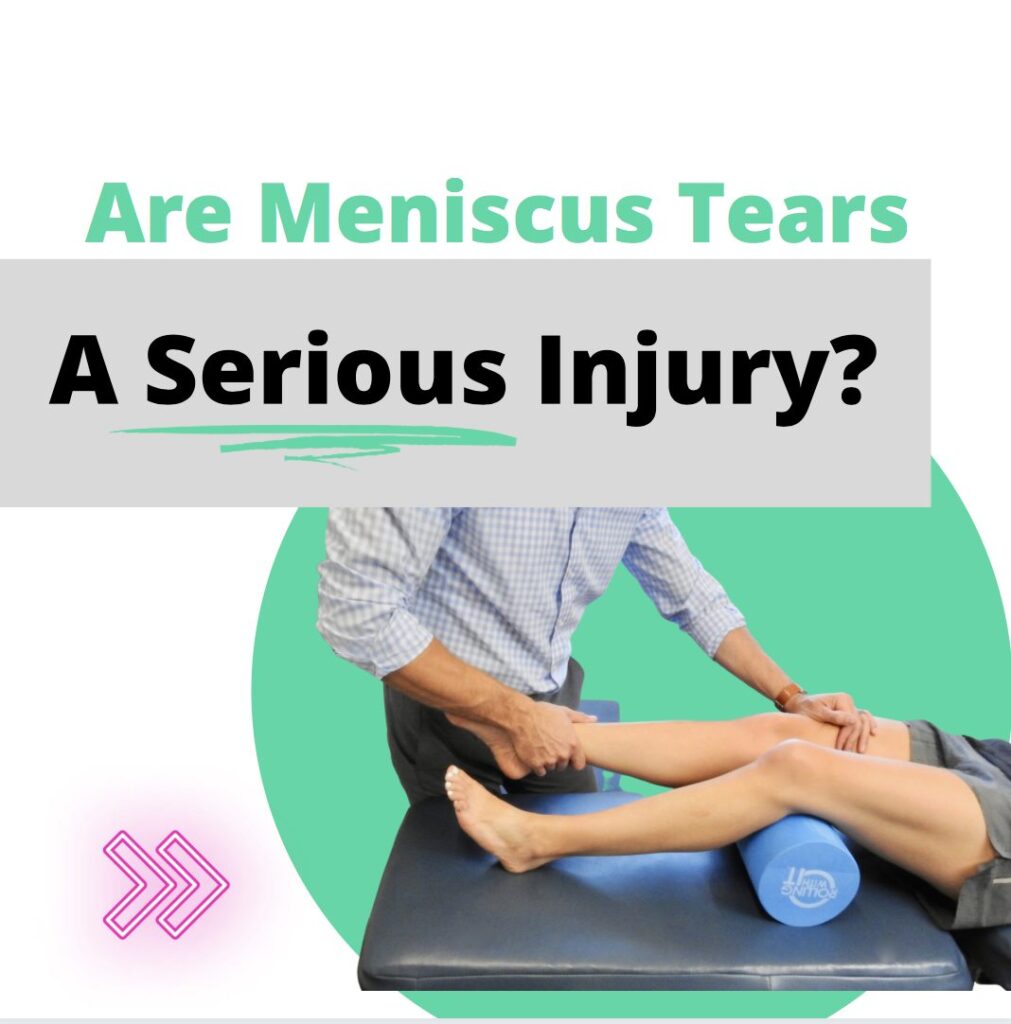Meniscus tears are a common knee injury that can significantly impact mobility and quality of life. Understanding the nature of meniscus tears, their treatment options, and their potential for recovery is crucial for effective management. This comprehensive guide will address the best treatments for meniscus tears, the seriousness of the injury, the ability to walk with a meniscus tear, and whether these tears heal on their own.
What is the Best Treatment for Meniscus Tears?

The treatment for meniscus tears varies depending on the severity of the tear and individual factors. Generally, treatment options include:
- Rest and Ice: Initial management often involves rest and ice to reduce pain and swelling. Resting the affected knee and applying ice can help manage symptoms and prevent further injury.
- Physical Therapy: A structured physical therapy program can strengthen the muscles around the knee, improve flexibility, and enhance overall knee function. Physical therapy is a key component in non-surgical treatment.
- Medications: Over-the-counter pain relievers, such as ibuprofen or acetaminophen, can help manage pain and reduce inflammation. Always consult a healthcare provider before starting any medication.
- Surgical Intervention: In some cases, especially with severe tears or if conservative treatments fail, surgery may be necessary. Arthroscopic surgery is commonly used to either repair the tear or remove damaged tissue. The decision for surgery depends on the tear’s location, size, and the patient’s activity level.
Is a Meniscus Tear Serious?

Yes, a meniscus tear can be serious, particularly if not treated appropriately. The meniscus is a cartilage structure in the knee that acts as a cushion and stabilizer. A tear can lead to:
- Pain and Swelling: Persistent pain and swelling are common symptoms. The severity can vary based on the tear’s extent and location.
- Reduced Mobility: A meniscus tear can limit the knee’s range of motion. It may cause stiffness and difficulty bending or straightening the knee fully.
- Joint Instability: Tears can lead to a feeling of instability in the knee, making it difficult to walk or bear weight.
- Increased Risk of Osteoarthritis: Untreated meniscus tears may increase the risk of developing osteoarthritis over time, as the knee joint may experience abnormal wear and tear.
Can You Walk with a Meniscus Tear?

Walking with a meniscus tear is possible, but it can be challenging and painful. The ability to walk depends on the tear’s severity and individual tolerance to pain. Some people may experience:
- Pain During Movement: Walking may exacerbate the pain associated with a meniscus tear. Pain can occur with each step or after prolonged activity.
- Swelling and Stiffness: The knee may feel swollen and stiff, making it difficult to walk comfortably.
- Instability: The knee might feel unstable or weak, affecting balance and gait. This instability can impact walking efficiency and safety.
- Modified Gait: To minimize pain, individuals may alter their gait, which can lead to additional strain on other parts of the body.
Does a Meniscus Tear Heal on Its Own?

The healing potential of a meniscus tear largely depends on the tear’s type and location. In some cases, meniscus tears can heal on their own, especially if:
- Tear Location: Tears in the outer part of the meniscus, known as the “red zone,” have better blood supply and are more likely to heal spontaneously. The inner part, or “white zone,” has limited blood flow and may require medical intervention.
- Tear Size and Type: Small, minor tears may heal with conservative treatment and rest. However, larger or more complex tears often require surgical intervention.
- Patient’s Age and Health: Younger, healthier individuals with good overall knee function may experience better natural healing.
- Conservative Management: Adhering to a treatment plan that includes rest, physical therapy, and appropriate exercises can support healing and improve recovery outcomes.
Conclusion
Meniscus tears are significant knee injuries that require careful management to ensure optimal recovery. Understanding the best treatment options, the seriousness of the injury, and the potential for walking and healing can guide effective management strategies. Whether through conservative treatments or surgical intervention, addressing a meniscus tear promptly and comprehensively is essential for restoring knee function and preventing long-term complications.
To Know More – Treatment of meniscal tears: An evidence-based approach
